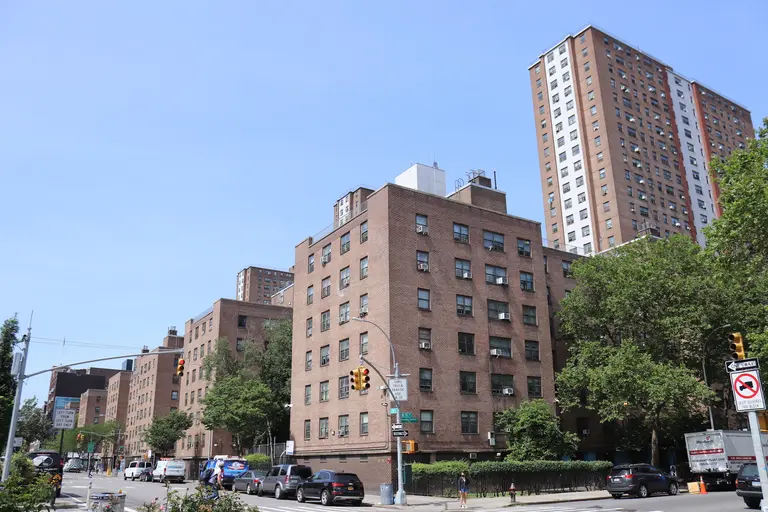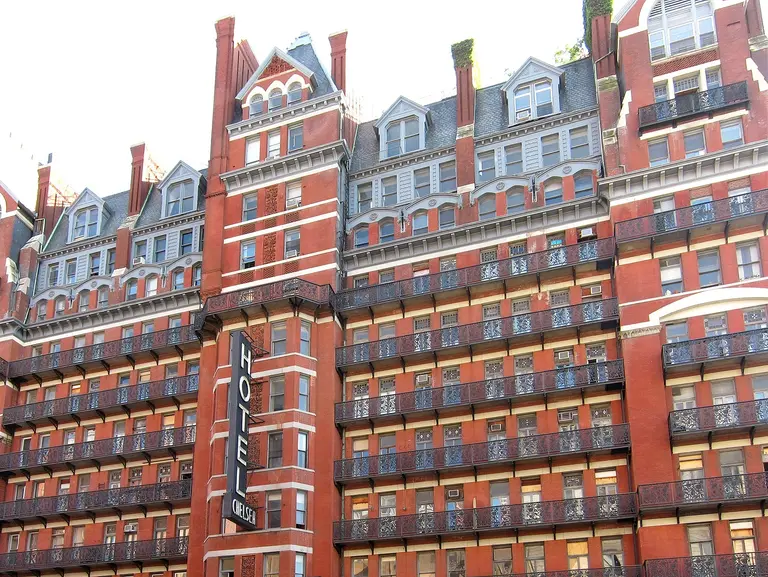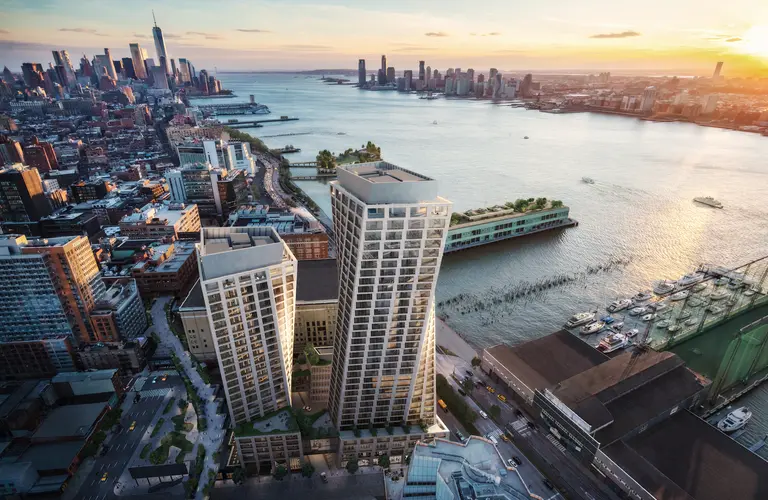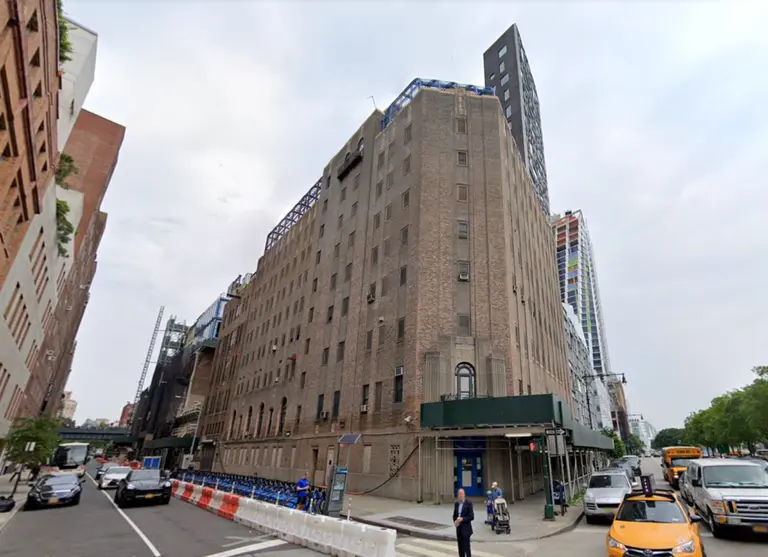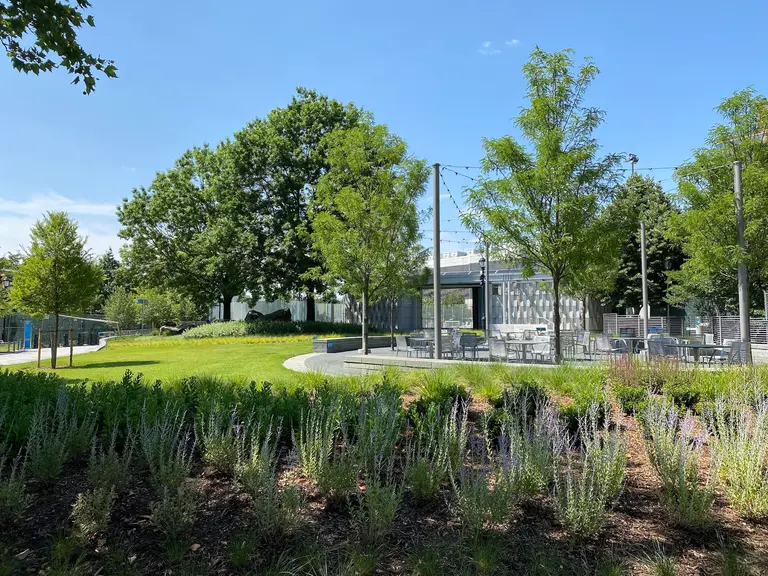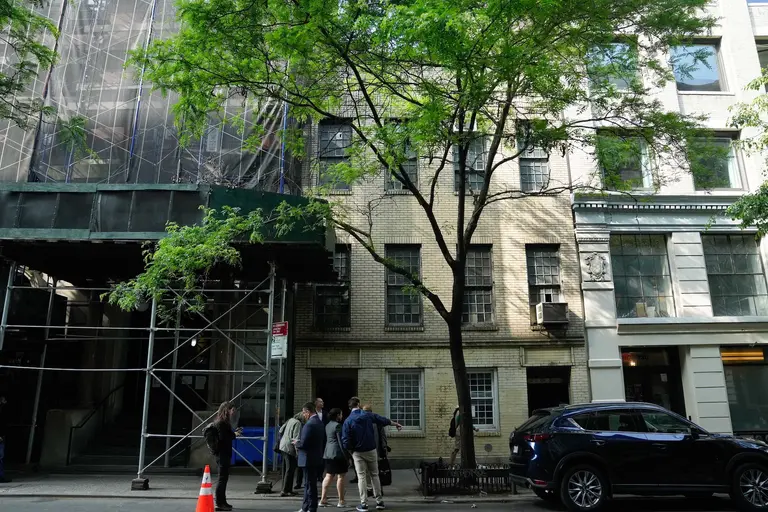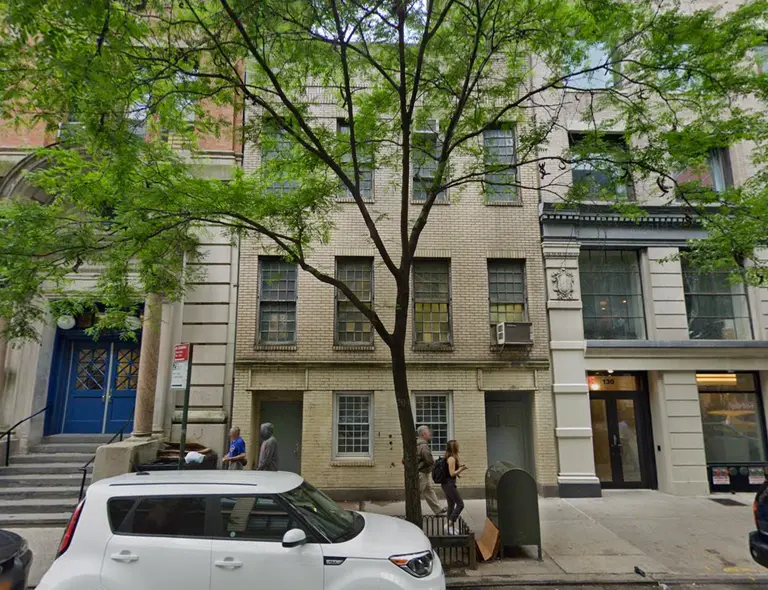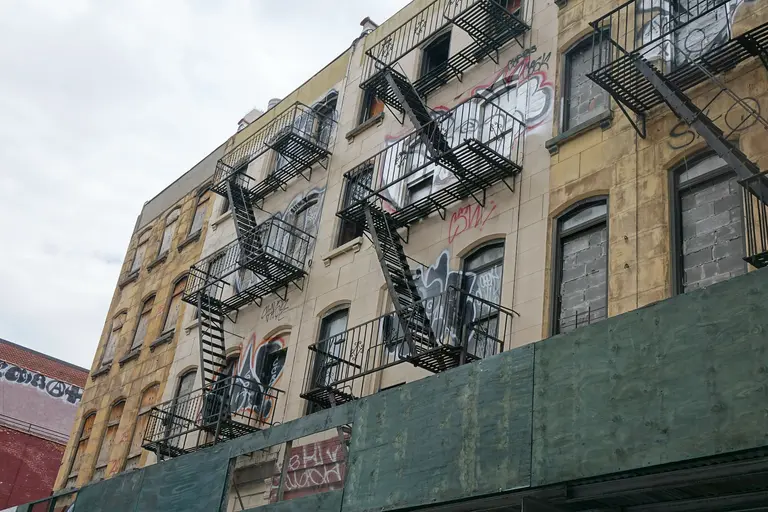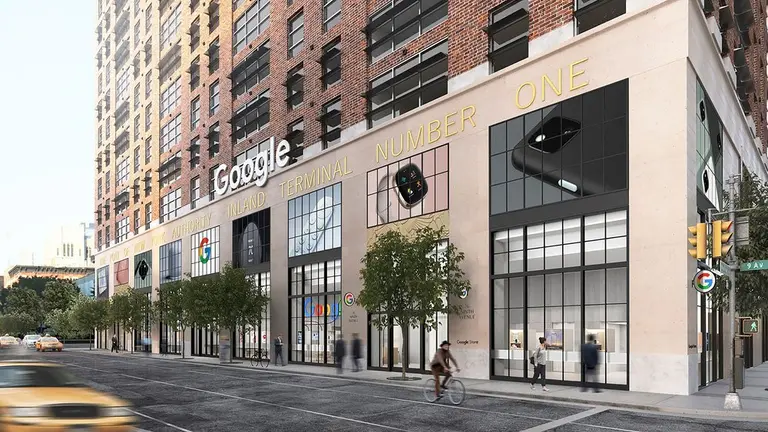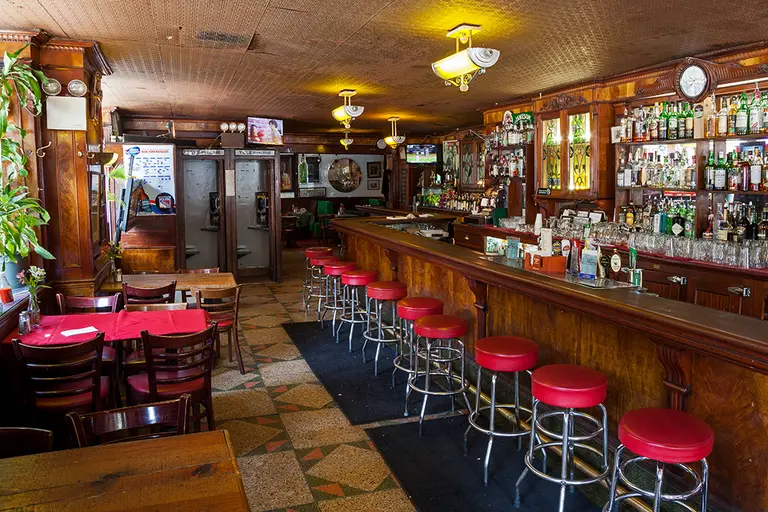To protect their Empire State Building views, these Chelsea loft owners forked over $11M for air rights
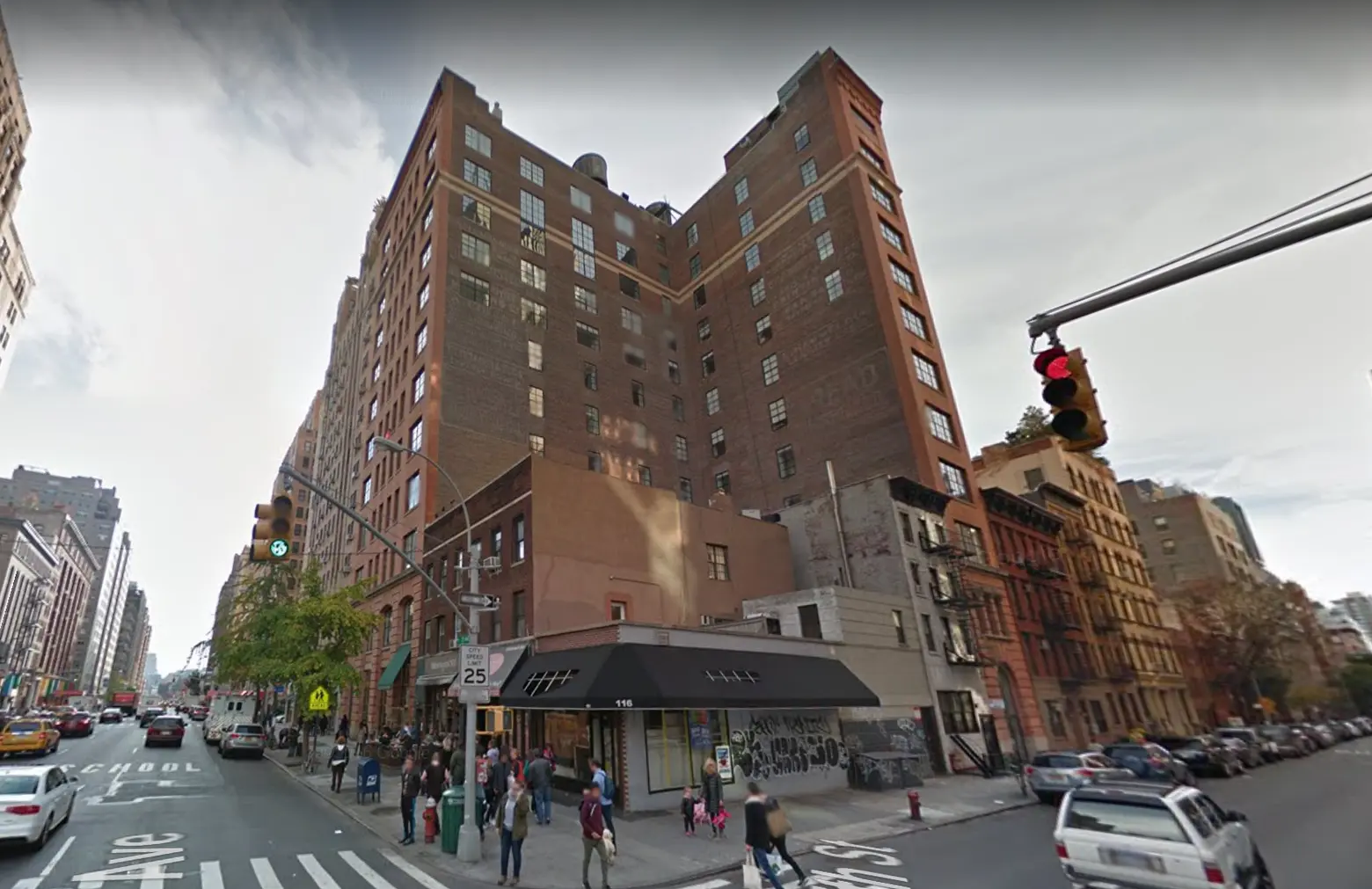
Image via Google Maps shows 206 West 17th Street in 2016. Now, the handful of single and four-story buildings has been replaced by a short, glassy retail space.
Air rights can be bought by whoever values them the most. In most scenarios, that ends up being a developer, but that’s not always the case. The New York Times recently reported on a rather unusual deal made in 2016 when a group of Chelsea loft owners refused to let a proposed condominium tower obstruct their natural light and Empire State Building views. Instead, they came together and made a substantial offer to buy the air rights themselves: $11 million.
They were residents of a 12-story loft building in Chelsea, a former warehouse now known as City Prairie, where full-floor units span over 5,600 square-feet. The loft building is an L-shape, and the proposed building would have been built right against that negative space, blocking off most of the windows.
The Times notes a history of A-list tenants, including actor Harrison Ford who occupied the penthouse until 2012, and generally high price tags, with a unit recently selling for $9.75 million. At those price points, it’s not surprising that building residents wanted to maintain their apartment’s value and had the necessary cash to fork over. “If you had $500,000 apartments, it would be much harder to get to $10 million,” noted real estate lawyer Jonathan L. Mechanic to the Times.
Just a week after Extell Development revealed plans to replace the existing single and four-story buildings at West 17th Street and Seventh Avenue with a 145-foot condominium tower, a group of neighboring residents were already sitting down with developer Gary Barnett and negotiating a deal. It took a few months to work out the final offer—the initial asking price was reportedly much higher than $11 million—but they ended up going forward.
“It’s not common,” Barnett told the Times. “Most of the time, they sue you and try and stop you somehow. These people stepped up to the plate and paid market value for the building rights.”
Under the deal, lower-floor owners paid less than those on the upper floors, while those on the lowest floors paid nothing.
“There were pros and cons about it,” remembered Thomas Levine, 73, a painter who resided on the eighth floor for two decades. “But everybody realized that it was something we had to do. We wanted the light, we wanted the views, we wanted the value.” When Levine didn’t have the available cash, a neighbor loaned him the money. “I think it was the most financial pressure on me,” he said. “But it would have been a disaster. It would have been a lot of dark.”
The Times uncovered one other comparable deal, involving residents of a six-story building and their neighbor, the Zen Studies Society on East 67th Street. The owners came together and paid $3.25 million to buy air rights from the religious institution.
[Via New York Times]
RELATED:
